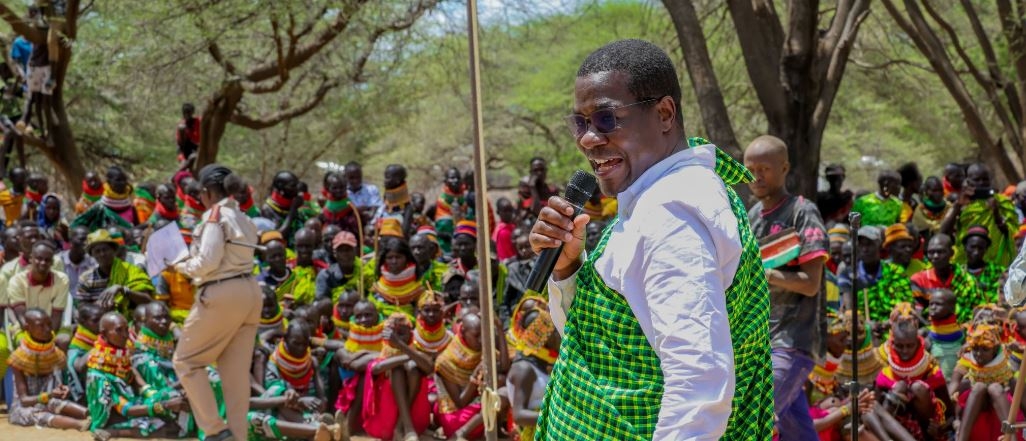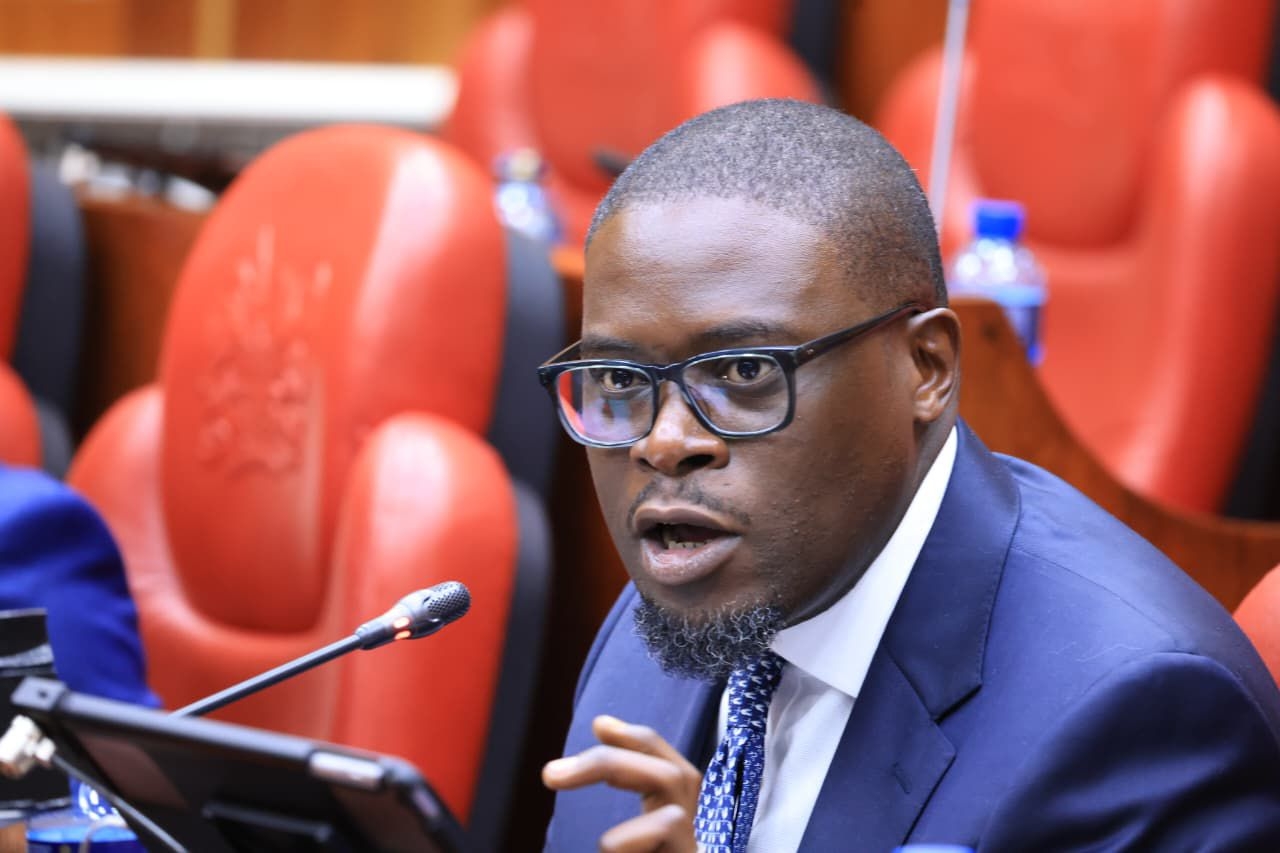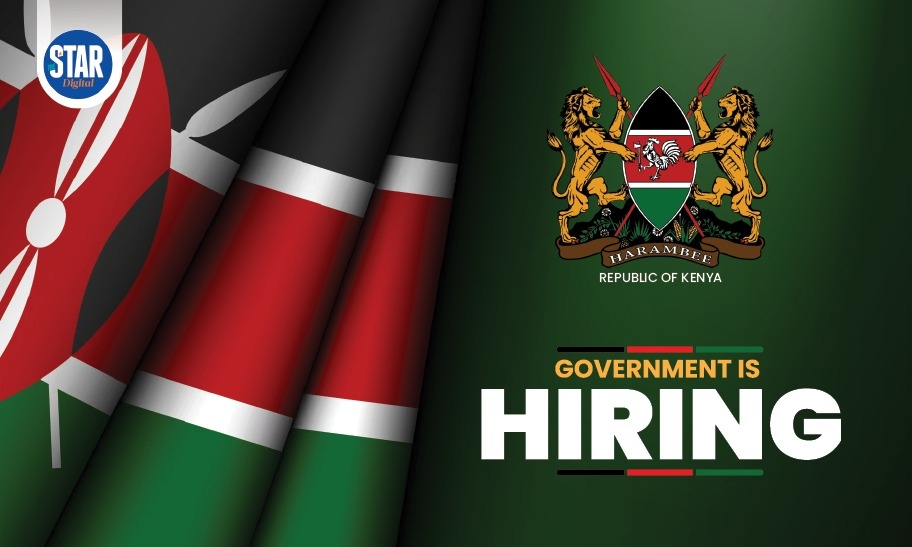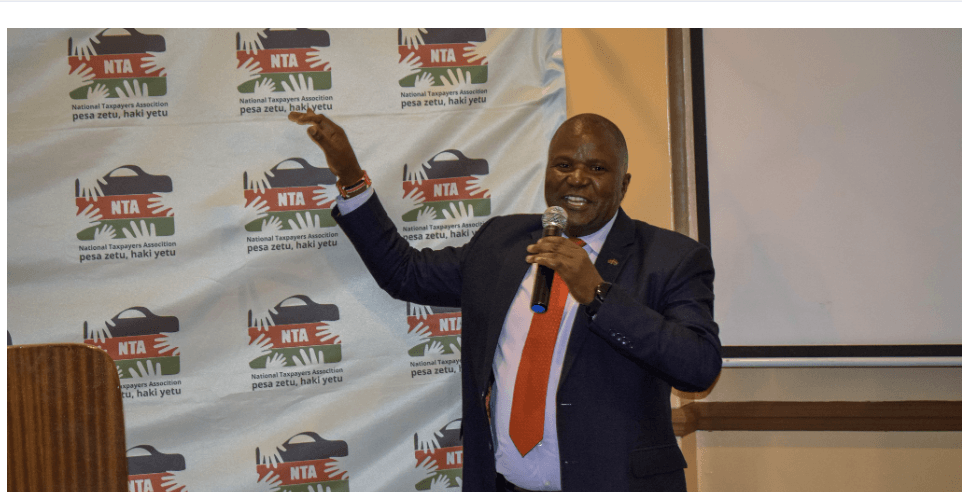The government has revealed plans to scale up the Ajira Digital programme with a focus on more women, in an effort to bridge the digital gender divide.
In the plan, the new programmes will see inclusion of AjiraForShe apprenticeship, a new program specifically for young women.
According to eMobilis program manager Edna Karija, the initiative is targeting to hit 70 per cent young women participation,majorly from marginalised communities and refugee camps.
Despite Kenya's prominent role in broadband connectivity, digital services, and ICT infrastructure across the region, the country’s digital divide is still witnessing huge gender imbalances, leaving women at a significant disadvantage in achieving last-mile digital transformation.
A 2021 study titled, Kenya's Digital Economy: A People's Perspective, shows that only 35 per cent of women were found to be able to use advanced digital services.
Even at the lowest skill levels, men outnumber women in terms of digital proficiency.
This problem permeates the highest levels of the technology profession, where men significantly outnumber women.
“We are currently at 53 percent of young women who have gone through the programme, when you look at global statistics there are fewer women connected to the internet and who are taking up digital jobs and we are looking to increase digital enabled work for young women,” said Karija.
Further, the Mobile Gender Gap Report by Groupe Speciale Mobile Association indicated that women were 39 per cent less likely than men to have access to mobile internet.
KEPSA project director for Ajira Digital Program, Ehud Gachugu, said that upskilling will be key in tackling unemployment in the region,since the skills of yesterday cannot help solve the problems businesses and economy are facing today.
“Young people need to put away the perception that there are not enough work opportunities and instead start thinking through the needs in society and businesses so that they can use their skills and talents to provide solutions,” added Gachugu.
The ministry and digital economy through Ajira program says it has raised countrywide awareness of digitally enabled jobs and the digital economy to 53 percent among adults, and 56 percent among youth.
Despite the fact that apprenticeship is a proven on-the-job training model that helps individuals develop the skills for a career, it has not been fully accessed by a key segment of Kenya’s women workforce.
It is estimated that women constitute 40 percent of the country’s employees according to 2019 National census by KEBS.
“Young women face various barriers and if we as partners work together, we can ensure that women navigate the barriers and are able to earn a dignified income through digital and digitally-enabled work,” said MasterCard Foundation program partner, Sandra Owiti.
Under programme, the government seeks to train youth in ICT skills using the existing TVET institutions.
In the new focus, the programme will be implemented by eMobilis Technology Training Institute, KEPSA and MasterCard Foundation.
















